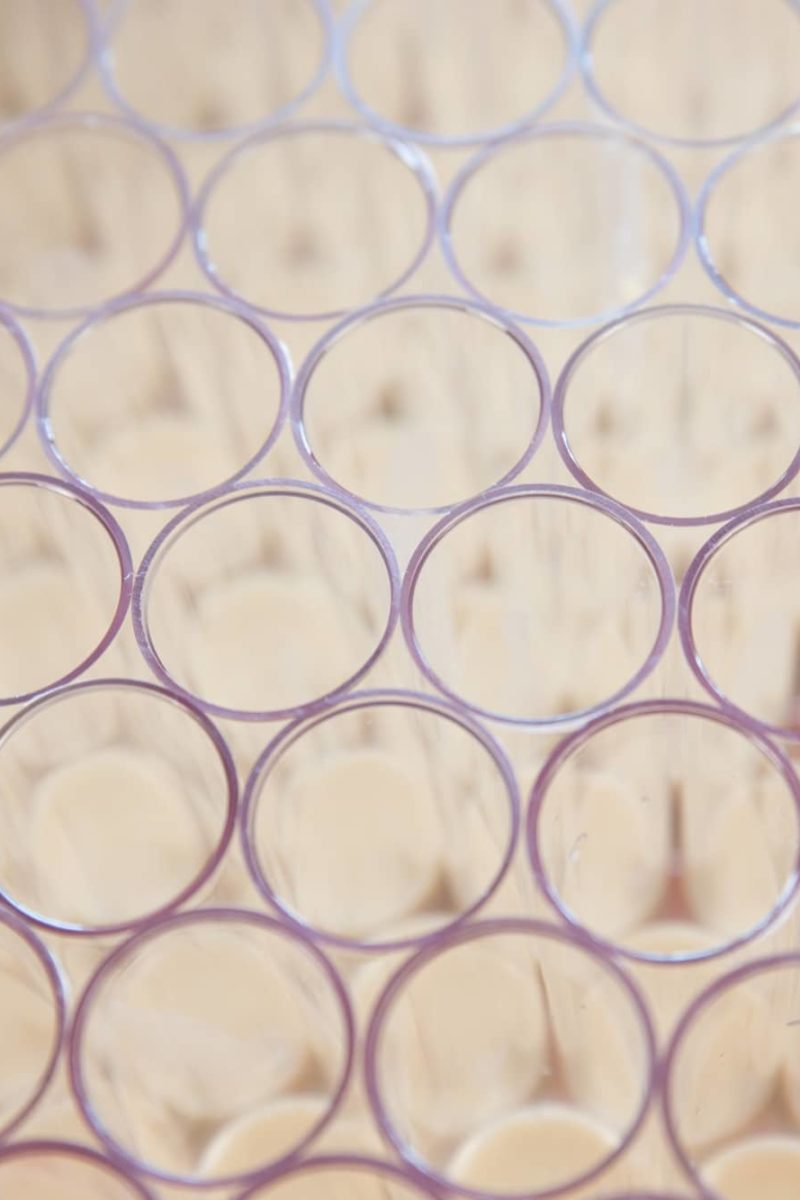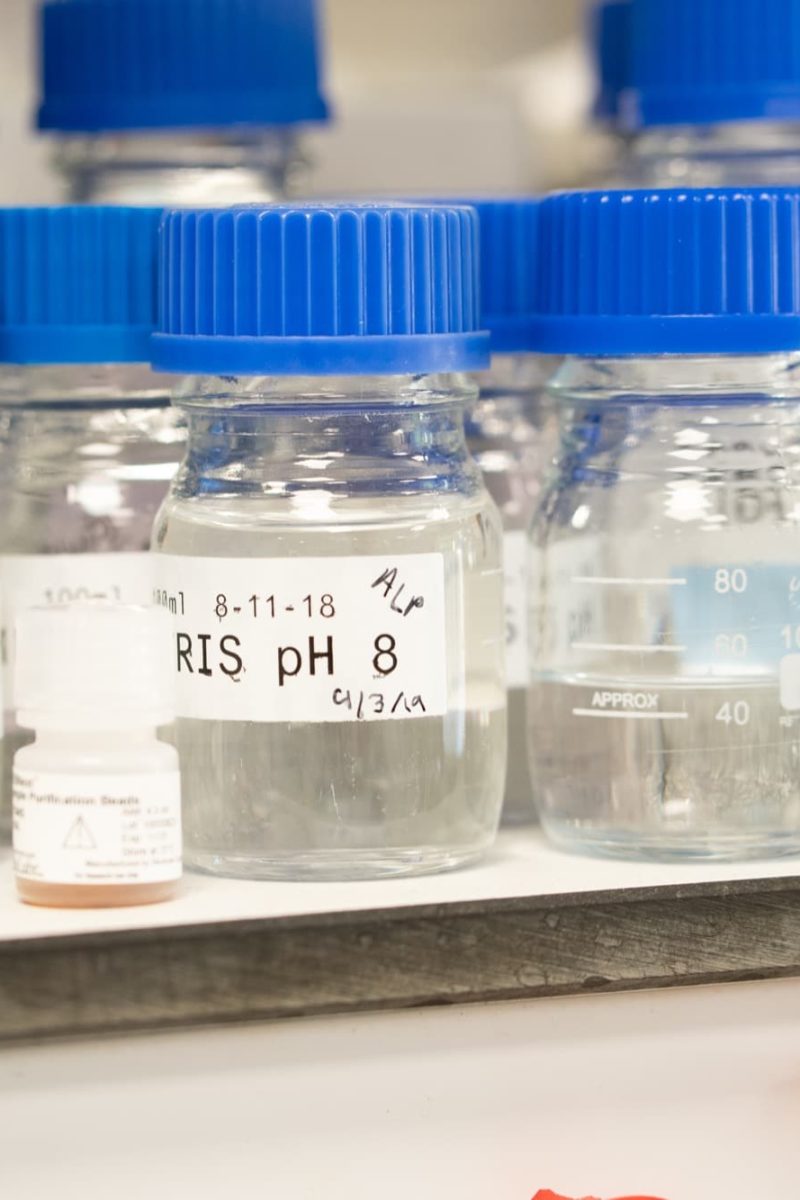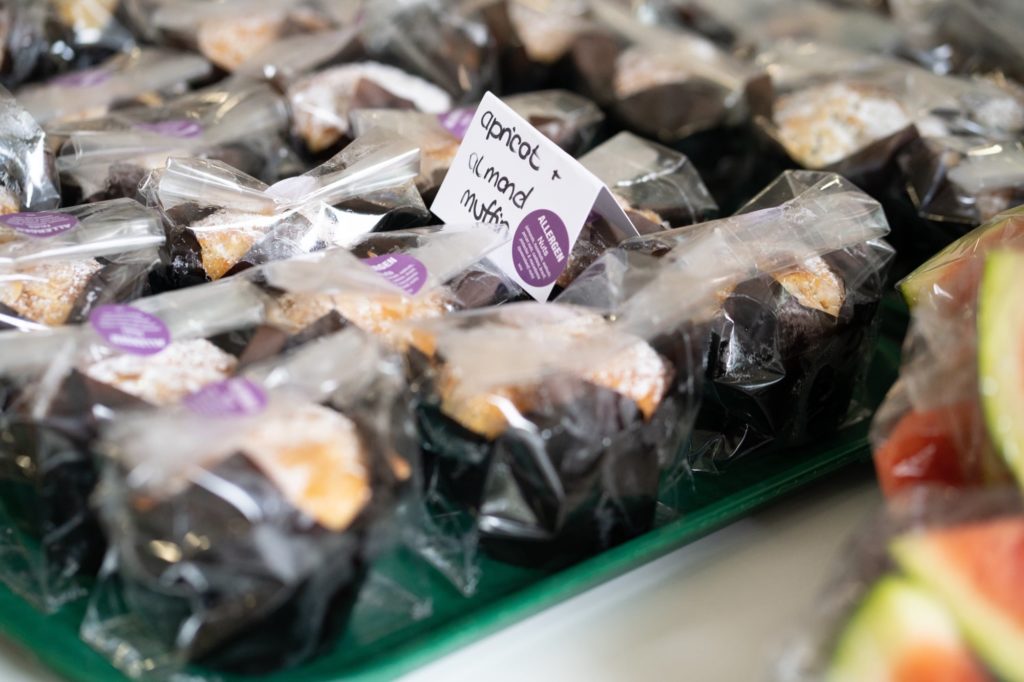
Our culture
We aim to provide a stimulating, happy and safe working environment for everyone at the Institute, in which our research and our people can flourish.

Working together to do great research
We are a community where scientists and core staff work and play together, and everyone’s contribution is valued. Collaborations between labs are encouraged. Networks of students and postdocs, and mentoring schemes, create support and social links across the building.
The Institute runs a busy schedule of internal and external seminars, and social events, that are open to all.
Cambridge-wide festivals and events provide opportunities to take part in public engagement or learn more about the rest of the University and the city itself.
Wellbeing, Inclusivity, Diversity & Equality
Wellbeing, Inclusion, Diversity and Equality (WIDE) are important considerations for the Gurdon Institute. We are committed to the wellbeing of our staff and students in an inclusive work environment.
The Institute WIDE committee has representation from all staff and student groups in the Institute. The committee meets regularly to monitor and consider WIDE issues, to implement WIDE initiatives within the Institute and conduct the Institute staff survey to ensure everyone’s voice is heard.
The Mental Health Foundation says “Wellbeing can be understood as how people feel and how they function, both on a personal and a social level, and how they evaluate their lives as a whole”. As part of the University we recognise that at times individual members of staff might experience difficulties in their personal lives or in their employment circumstances that can affect their wellbeing.
There are many ways in which we recognise and support our Institute workforce in achieving a good work-life balance: regularly promoting the different types of leave that people are entitled to, offering mentoring schemes and providing access to training in personal development and career planning. Important networks within the Institute include the Gurdon PhD Society and the Gurdon Institute Postdoc Association, each of which organise retreats and career-themed events.
Line managers and key contacts (our Wellbeing Advocate and Responsible Officers) are always available to speak with any staff or students who have concerns or difficulties. The University has a number of further services and resources to support wellbeing.
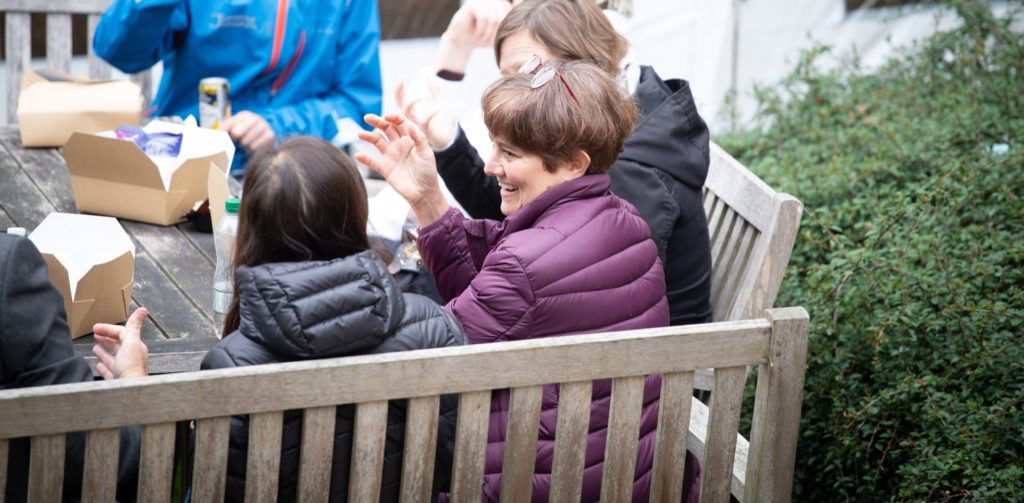
We embrace all those who work with us, irrespective of race, gender, disability, medical or other need.
The Institute recognises and respects diversity among our community. We believe that diversity in our workforce improves research quality and relevance.
We uphold the values of equality in ensuring that individuals or groups are not treated differently on the basis of any protected characteristic.
In 2017 we were successful in our application to renew our Athena SWAN Bronze Award, recognising our initiatives to encourage women, in particular, to stay on the academic career ladder.
You can read the Action Plan from our application.
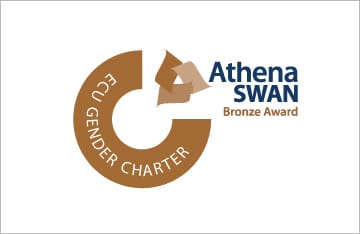
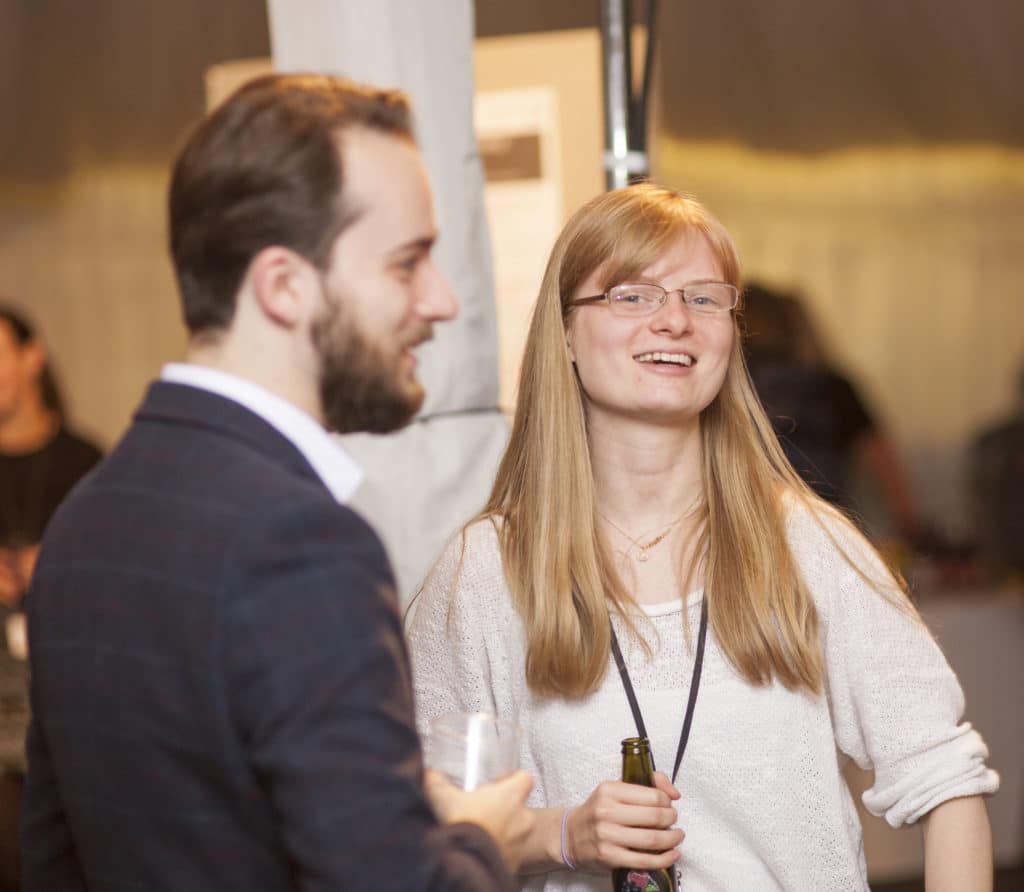
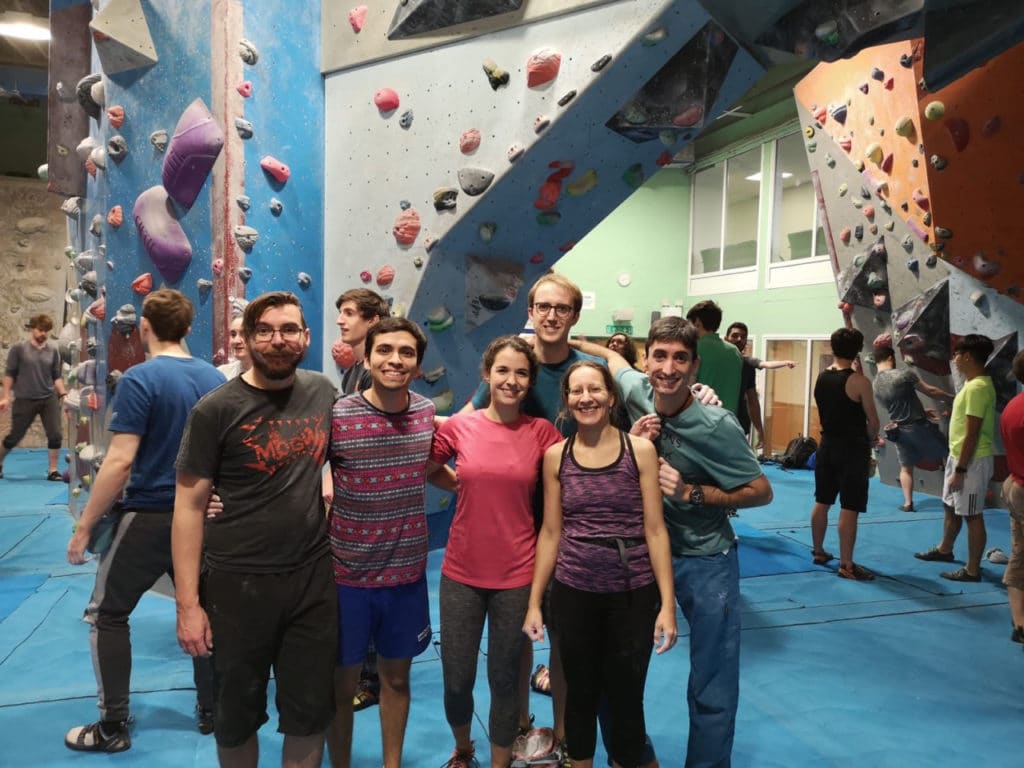
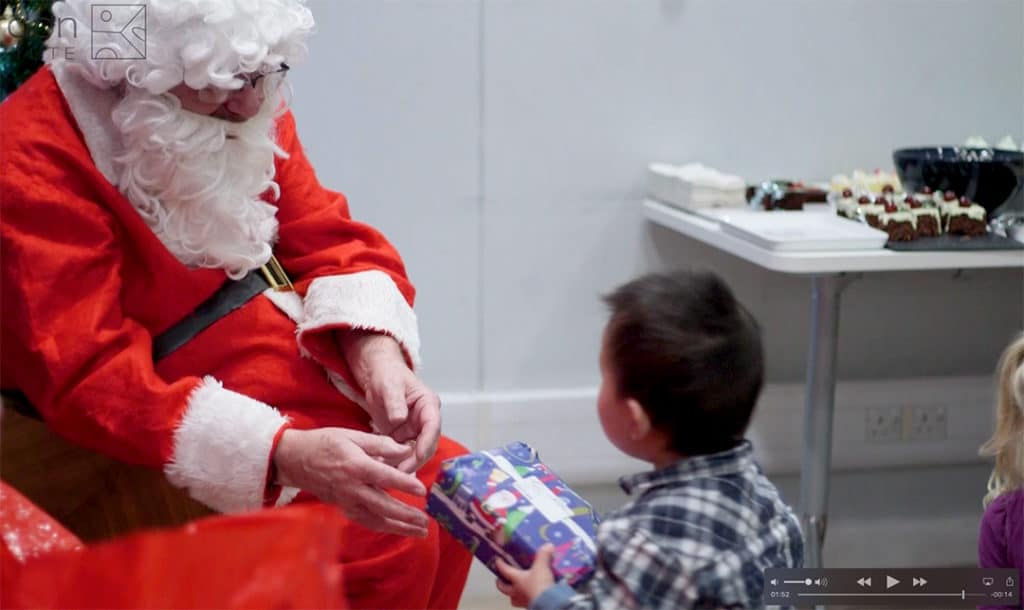
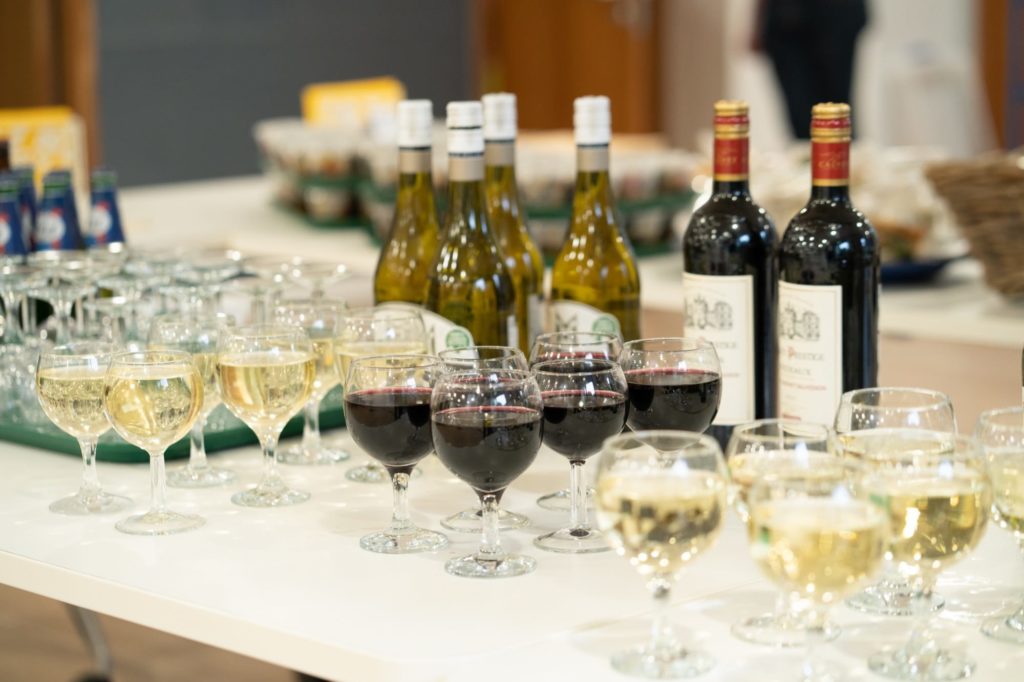
Our retreat & social events
The annual Retreat is held at the beginning of the academic year to allow new students and staff to hear from group leaders about all the different research going on at the Institute, with plenty of mixing during the poster session, in relaxed games and during refreshment sessions.
Throughout the year, the labs take turns to run Happy Hours, and there will be other gatherings organised by the WIDE committee, the PhD Society and the Postdoc Association, to which all are invited.
Many of our staff and students, being in their twenties and thirties, have young families. An annual highlight for parents and youngsters is our children’s Christmas party, with entertainment, games, themed food and – most exciting of all – a visit from Father Christmas! (Of course the adults get a separate party with fancy dress competition and live band.)
A number of sports groups meet in the evenings or weekends, including squash, yoga, climbing club and football.
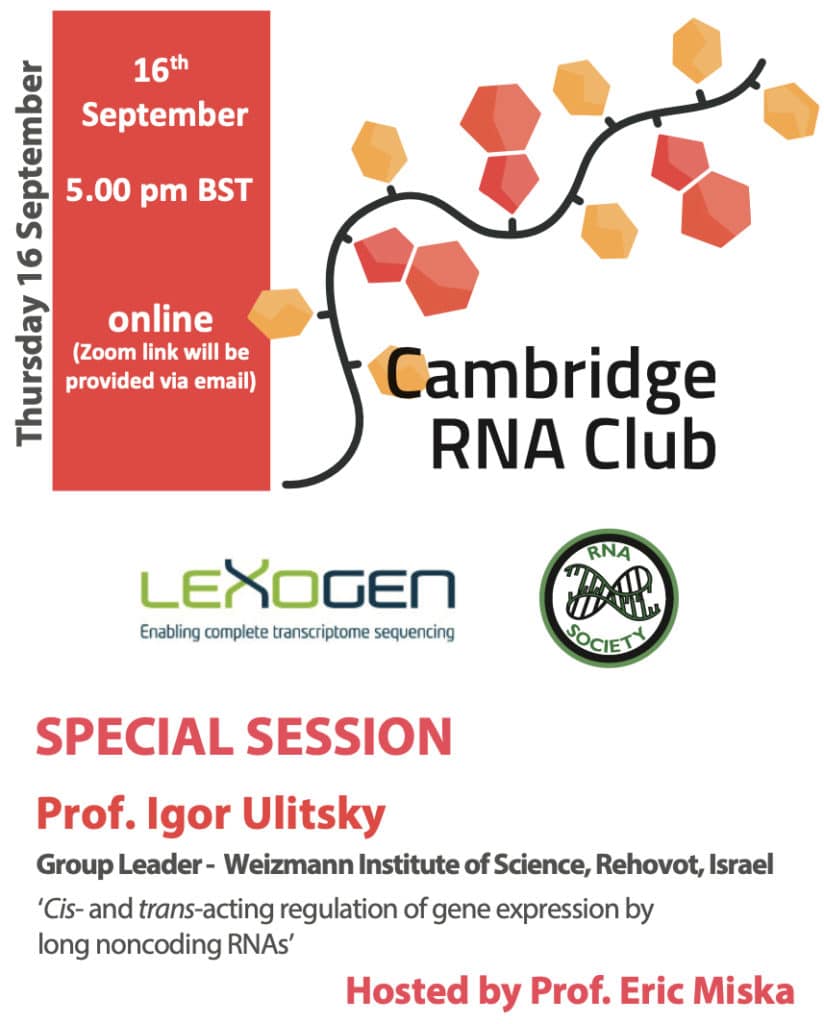
Local seminars & festivals
Beyond the Gurdon Institute Seminar Series, our members organise, host and support several other series: Developmental Biology Seminars, Cambridge RNA Club, Cambridge Epigenetics Club, Cambridge Fly Meeting, Cambridge 3Rs (replication, repair and recombination) and Worm Club.
Departments across the University take part in the annual Cambridge Festival – an opportunity to try out public engagement skills and find out what goes on in other faculties. Events such as Open Cambridge and the Cambridge Literary Festival provide further opportunities to discover more about local culture, history and expertise.
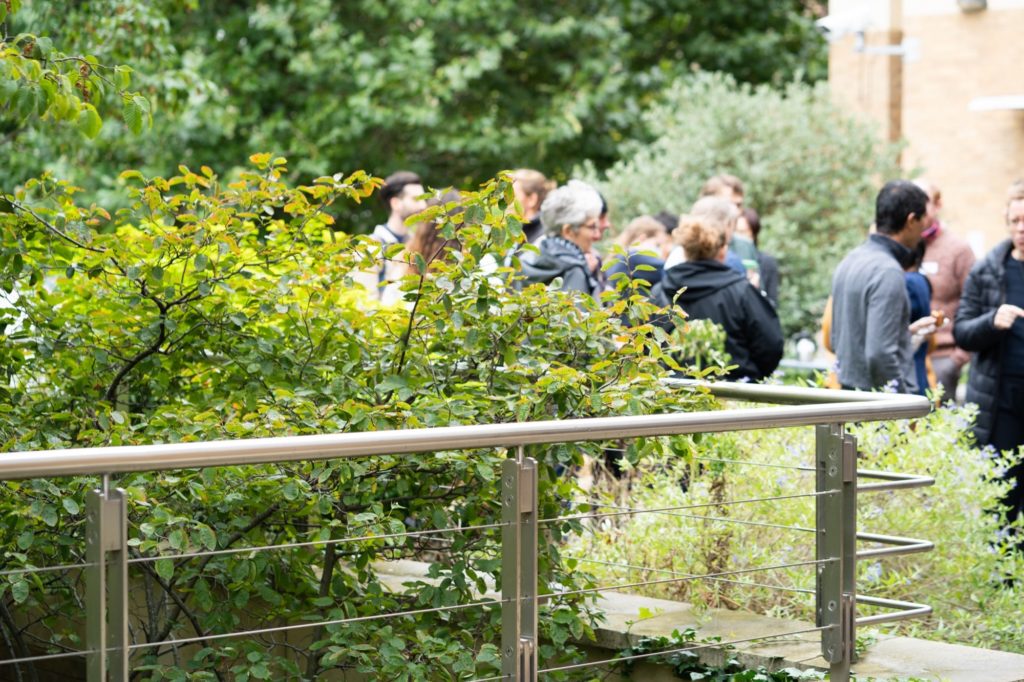
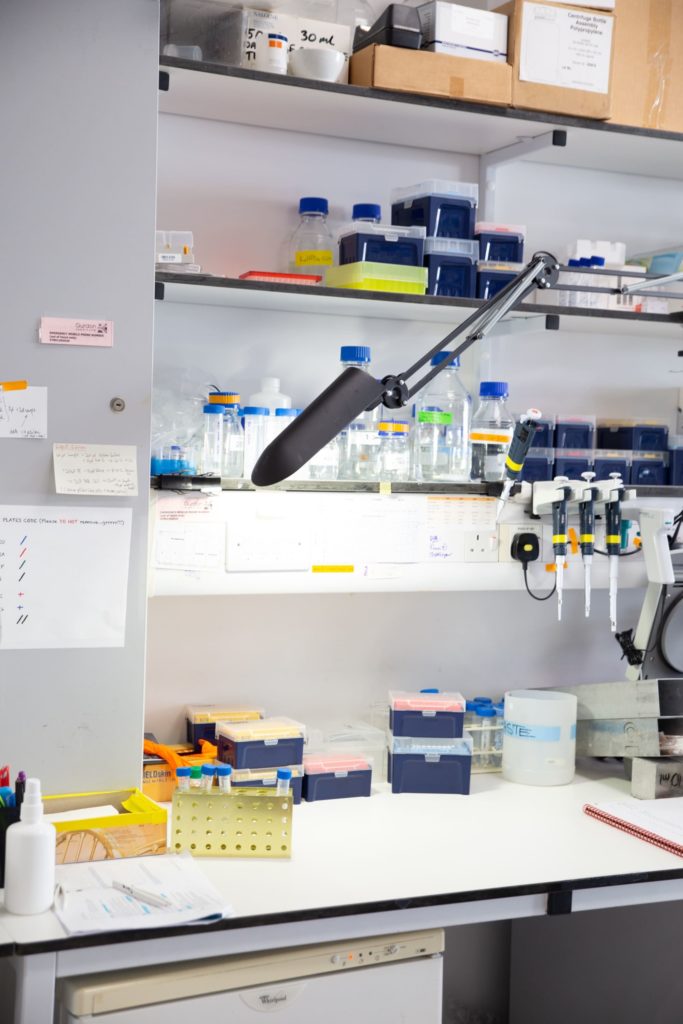
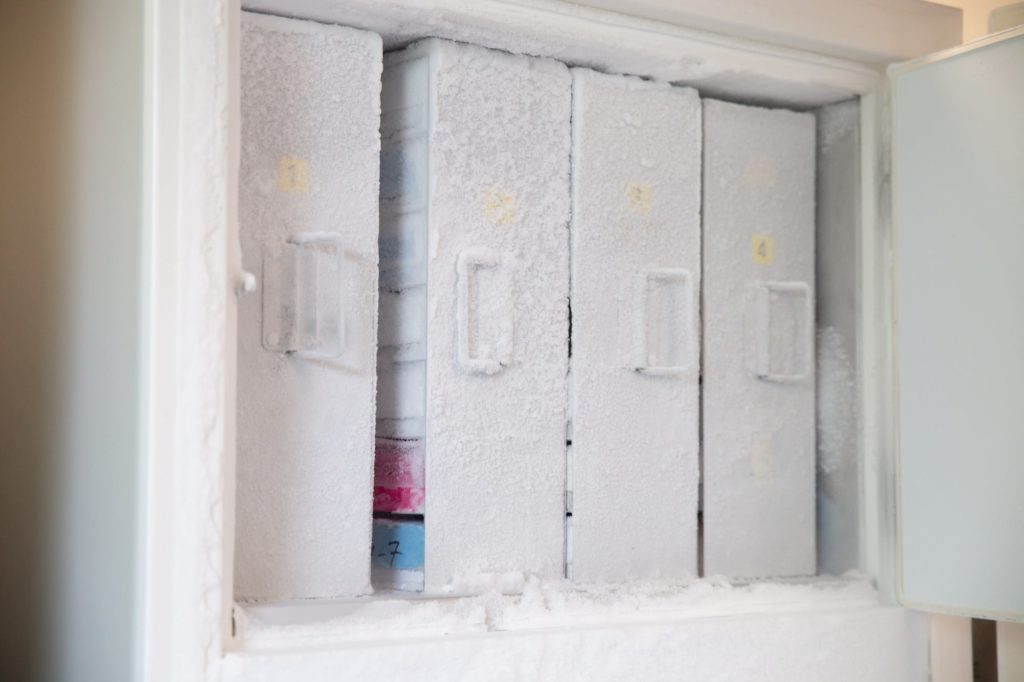
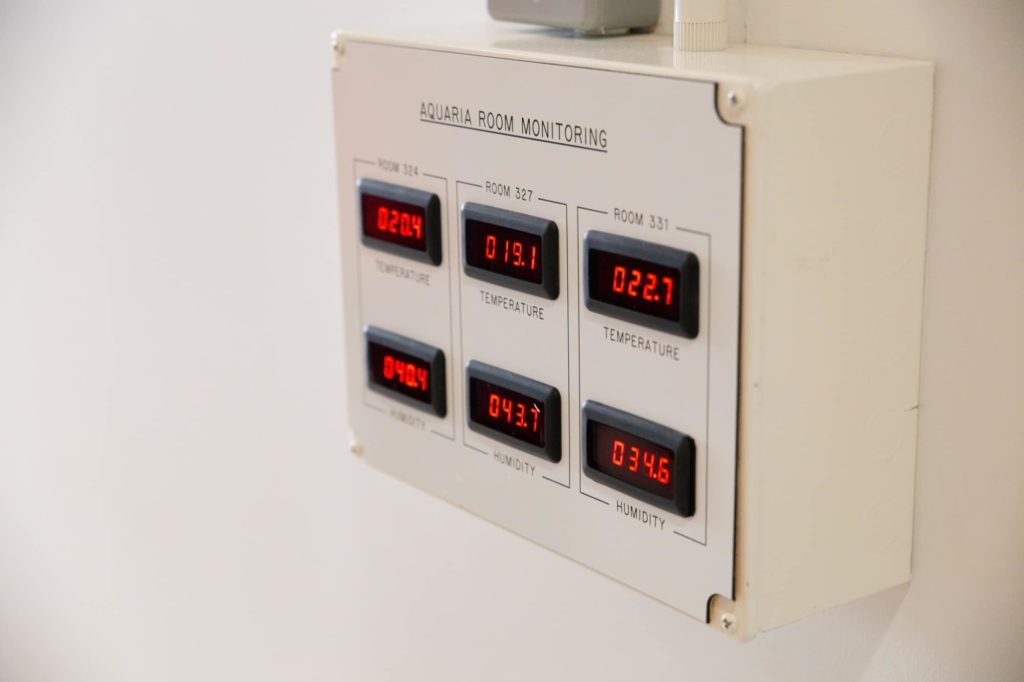
Energy, environment & sustainability
We are committed to energy efficiency, and make every effort to minimise its environmental impact. From simple actions such as ensuring lights and equipment are turned off when not in use, to replacing larger items such as -80oC freezers and drying cabinets with ‘greener’ versions.
The Institute used to be the third largest carbon-intensive building within the University Estates, using approximately 705 kWh/square metre/year. It is now the fourth largest, using approx. 530 kWh/square metre/year.
The Institute volunteered to be a pilot department for the University’s Energy and Carbon Reduction Project at the end of 2011. During the subsequent five years, having embedded energy savings within the culture of the Institute and optimised some items of plant, we saved over 5 Million kWh of electricity, the equivalent of one whole year’s worth before the energy saving project began.
The Institute was a National Green Apple Environmental Gold Award Winner in 2012.
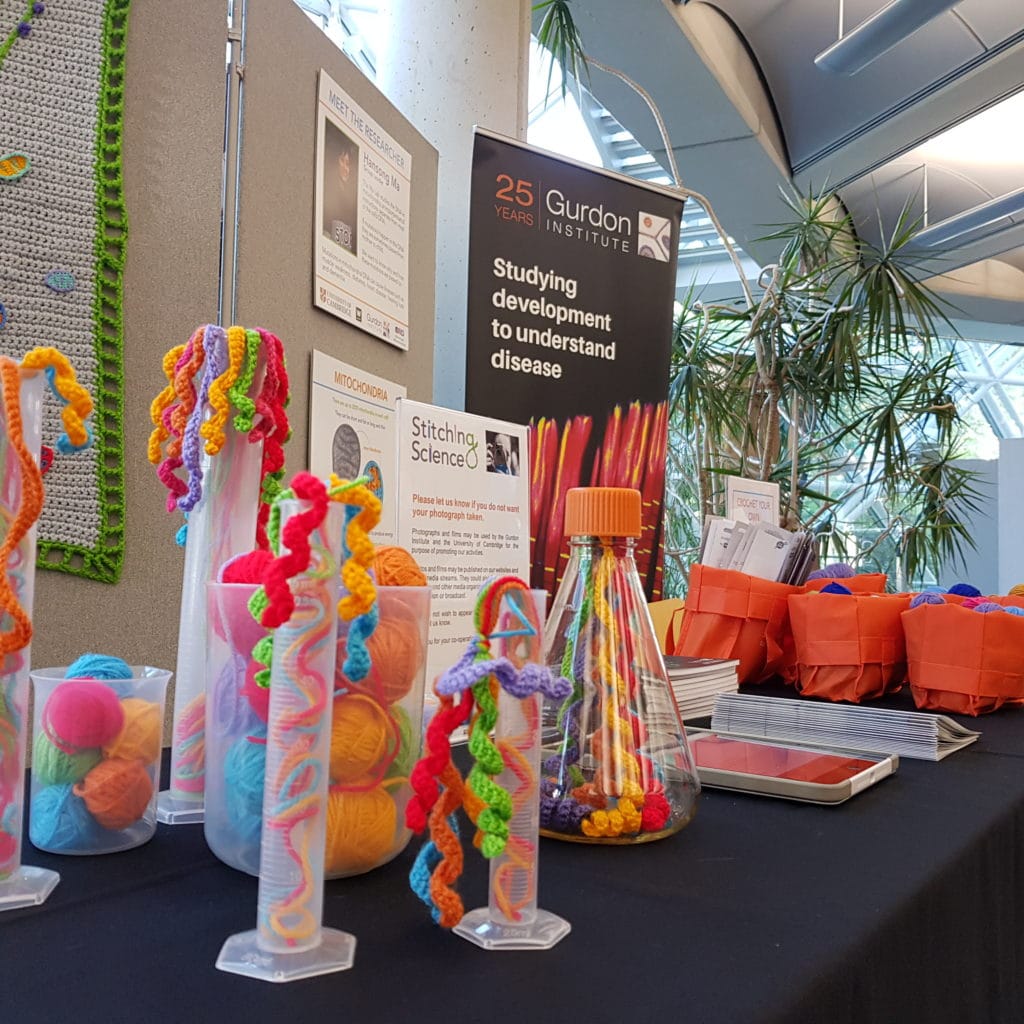
Public engagement
We encourage all Institute members to be part of our public engagement programme, whether by helping create events behind the scenes or getting out there in front of school students and community groups.
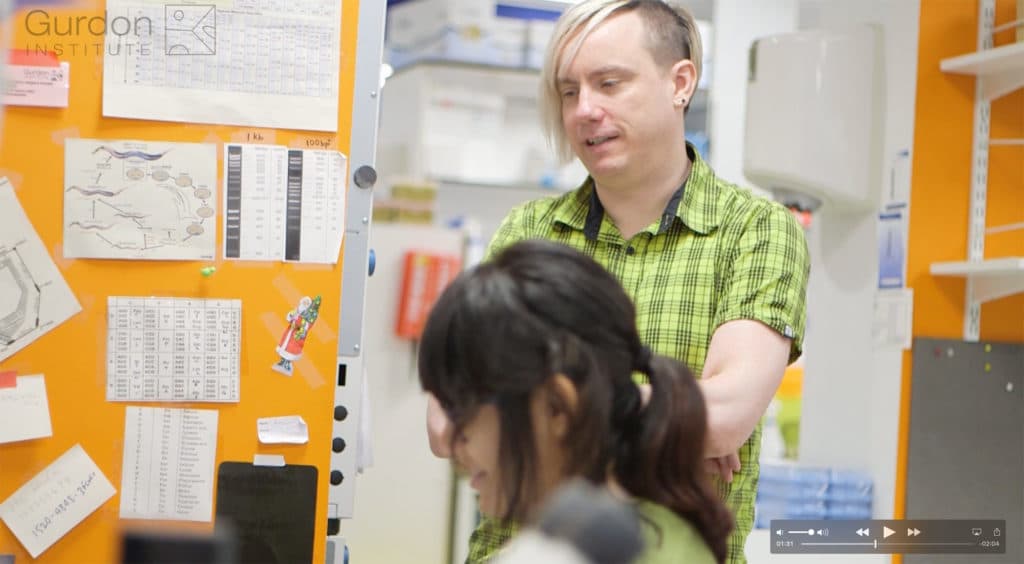
Our people
Many different job roles combine to create an Institute – it’s not just about the researchers. Watch our video series, A Year in Institute Life, to learn about the other characters and services that support the science.
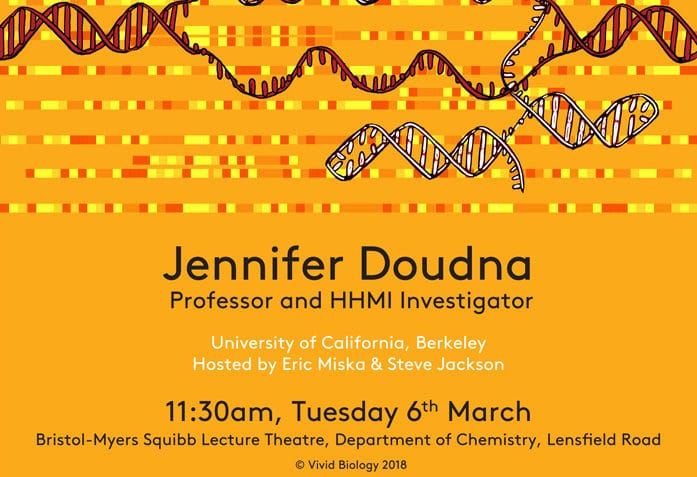
Gurdon Institute Seminar Series
This long-running series brings world-renowned scientists to the Institute (in person or online!) to deliver talks and meet with students and postdocs.


